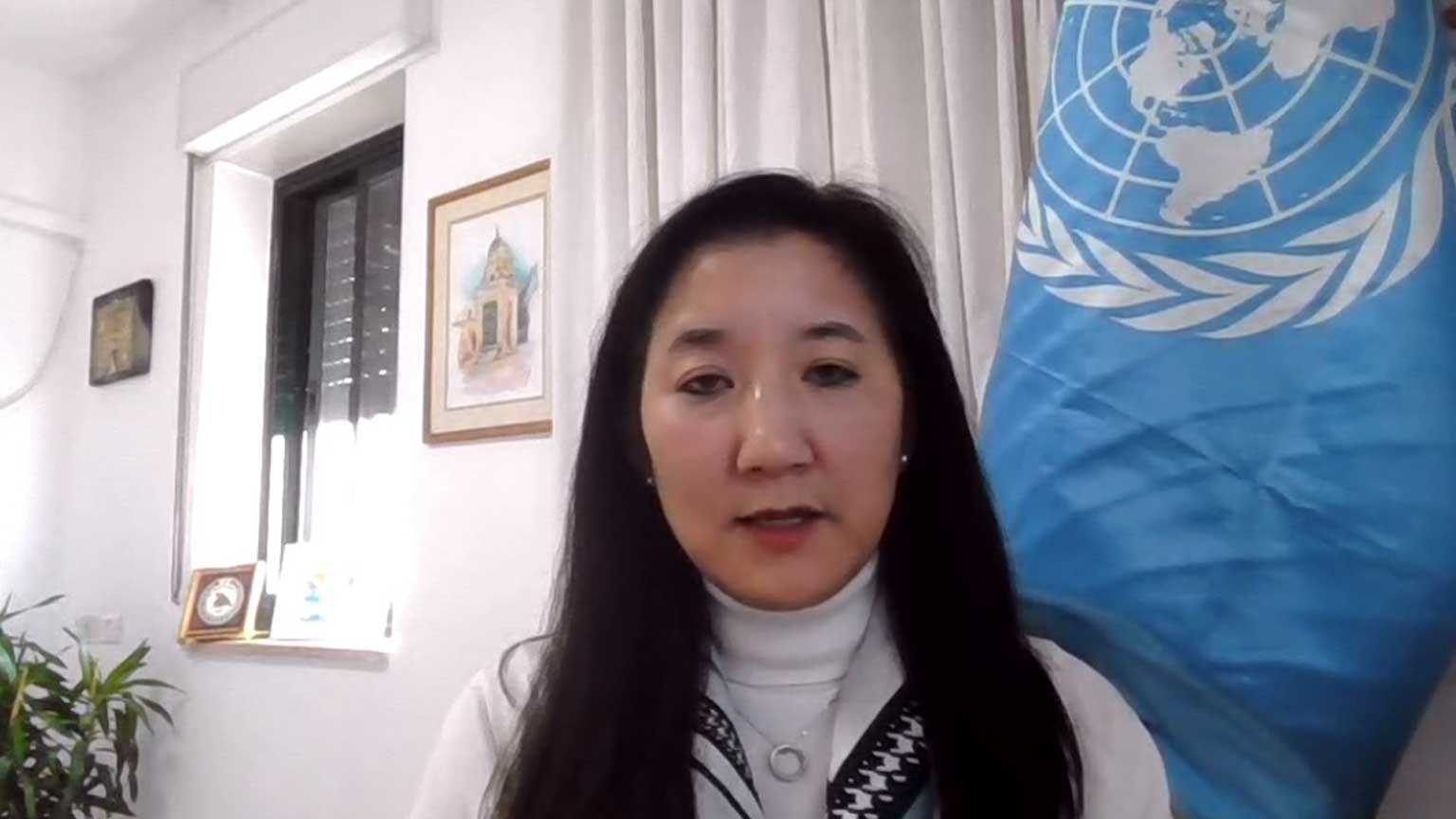This interview took place on October 26. Comments have been edited for brevity and clarity.
Q. You're based in Jerusalem now. Where were you on October 7? And how are your colleagues in the Gaza Strip?
I have been based in East Jerusalem since July 2021, and I was here when the escalation started. We currently have about 48 staff in Gaza, but if you include their family members, the figure is about 280.
Many of our colleagues in the north headed south when Israeli authorities issued an evacuation order. Many others had no choice but to stay in the north. This has been devastating for them.
Unfortunately, even our colleagues who evacuated are still very much affected. They are living in dire conditions, and a lot of air raids are taking place in the south as well. And very sadly, many have lost extended family members.
They're having trouble securing water and food, and they don't have electricity. They only have intermittent communications. It's a very difficult situation for all our colleagues in Gaza.
Q. How are the UNDP's projects progressing since the escalation?
The UNDP has been working in Gaza for many years. We have the capacity to respond to emergencies, and also to support the recovery effort.
But at the moment, because of the airstrikes, it's very difficult for our staff to emerge from shelter. We are preparing an emergency response.
But once a humanitarian ceasefire is in place, we will be able to do much more. In the past, we have done a lot of rubble removal, as well as construction of basic education and health facilities, community centers and housing. We have also provided economic support. We try to provide new opportunities for people who have lost their jobs, and also to businesses like bakeries that provide basic services. In the longer term, we have been really focusing on strengthening the resilience of the Palestinian people.
Q. And what do you think is most needed from the global community now?
The international community is working toward having a humanitarian ceasefire in place. I think a lot of humanitarian aid is ready to go. In past hostilities and escalations, tens of millions (of dollars) have gone in. But in this case, because the destruction is so immense, there's going to be a need for hundreds of millions — billions — to help Gaza recover.
This is not just about reconstructing buildings and houses. It's really about sustained support to Palestinians. It's been 56 years under occupation, and 16 years of a blockade. This really does need to stop. Otherwise, there is no future for the people of Gaza and the people of Palestine. So we are calling on the international community, first of all, for a humanitarian ceasefire, but also for sustained support so that the Palestinian people can have a future.
Q. You were in Gaza during the last flare-up in violence, which lasted for 11 days in May 2021. What was that like?
At the time, I felt nobody should ever go through this even once. It's impossible for people to endure this over and over again. I'm not in Gaza this time, but hearing from my colleagues and looking at the images in the media, it's devastating to an extent that I believe goes beyond which country you're from, and which religion you belong to.
If you look at the images, if you hear the stories, it's impossible for human beings to not ask for this to stop. I believe governments do have a say, and governments do have a role. UN staff, UN agencies, humanitarians and the international community have a role. Actors have a role. We all do. As a human being, I plead for this to stop.

